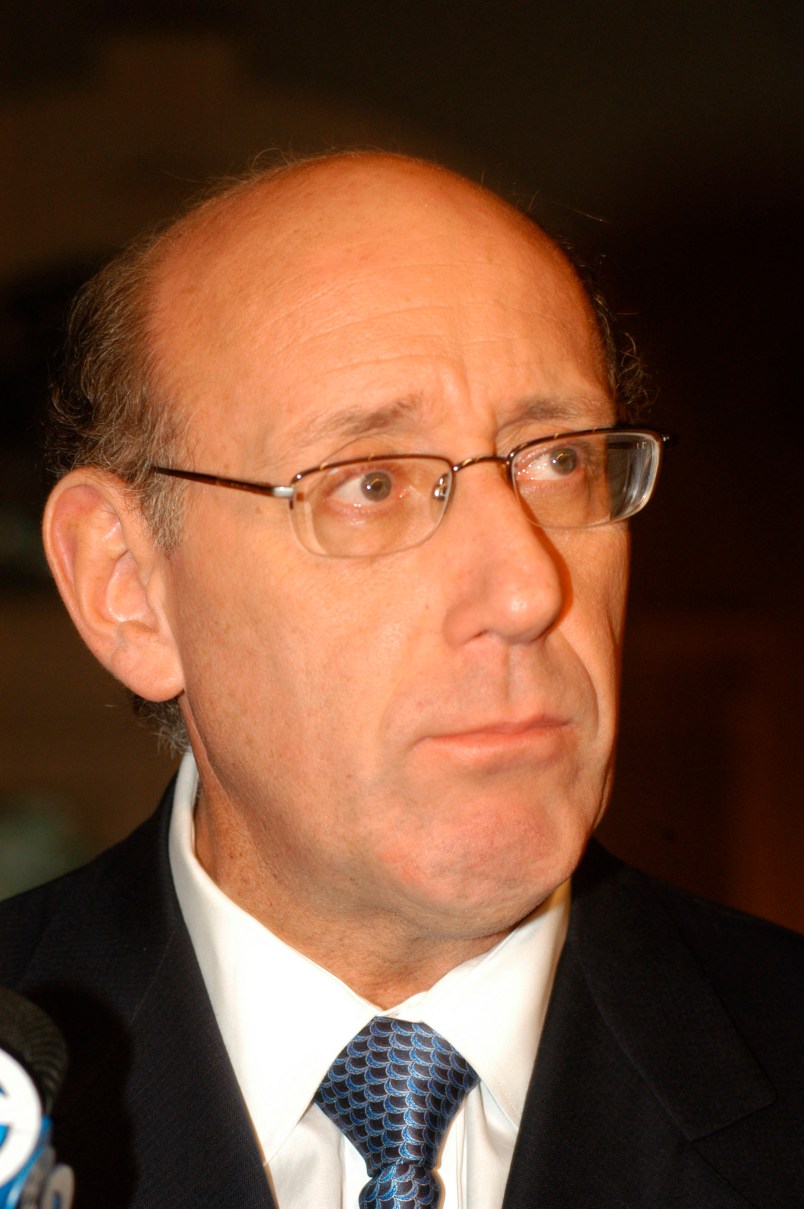by Sasha Chavkin ProPublica, Dec. 14, 2010, 2:46 p.m.
As the damage claims process for the Gulf oil spill moves into its second phase–from issuing emergency payments to considering final claims–administrator Kenneth Feinberg yesterday unveiled a variety of improvements that he says will increase transparency and offer more options to claimants.
Feinberg said there had been “constructive criticism” about opaque decision-making and poor communications during the emergency payments process and promised to make several changes. (We reported on the lack of transparency several times, for example on claimants’ struggles to get basic information about the status of their claims.)
Have you filed a claim for Gulf Spill damages? ProPublica’s reporters want to hear from you.
Feinberg said that he would post a description of his methodology for evaluating claims online and in every claims office in the Gulf, and said he would release the methodology within the next 10 days. “We will have full transparency,” he said.
In addition, Feinberg said he would make good on a previous pledge–which he made to ProPublica two months ago–to place staffers on the ground to answer claimants’ questions and assist them with their applications. He said these staffers would be local residents and would be stationed by early next week in all claims offices with a substantial volume of incoming claims.
However, Feinberg did not offer to allow claimants to speak with the accountants and adjusters who are evaluating their claims. As we reported in October, Feinberg’s system placed final decisions in the hands of about 25 reviewers in Washington, D.C., who could not be contacted directly either by claimants or by front-line staffers who interact with claimants.
Of the other changes, the most significant is a new “quick-pay” option that will be available to claimants who were approved for emergency payments. These applicants can opt for a one-time payment of $5,000 for individuals and $25,000 for businesses, which they can receive without providing any additional documentation, if they agree to forgo the right to sue for damages. Feinberg pledged that quick-pay checks will be sent out within 14 days after receiving a valid request.
The quick-pay option has earned criticism from some politicians and claimants as an attempt to buy off people in need. “It could be construed as a pittance for folks who out of desperation have to get some cash now,” Tony Kennon, the mayor of the hard-hit coastal city of Orange Beach, Ala., told the AP.
Feinberg stressed that the quick-pay option was strictly voluntary and said that it could be a good fit for claimants whose losses were relatively small or who would be unable to document further damages. “It’s designed to get readily quick cash to any claimant who feels I’m ready to accept $5,000 or $25,000 to be done with this,” he told reporters on a conference call on Monday.
The other two options available to claimants are final claims, which cover all future damages and require signing away the right to sue, and quarterly interim payments, which cover losses over a three-month period and do not require waiving any legal rights.
Finally, Feinberg promised that his operation would provide a free lawyer to any claimant who requested one. The free legal services, however, would be limited to helping applicants negotiate the claims process, and claimants who chose to file lawsuits would have to find a new lawyer to represent them.









